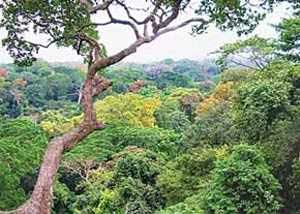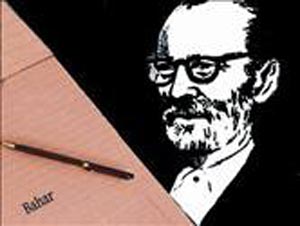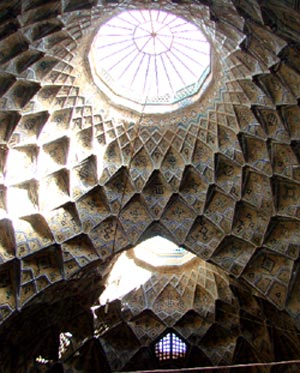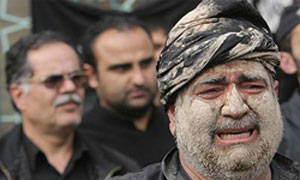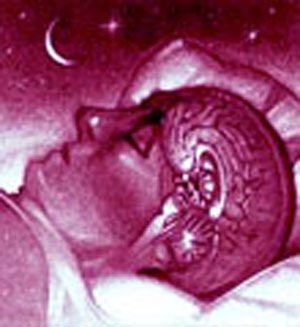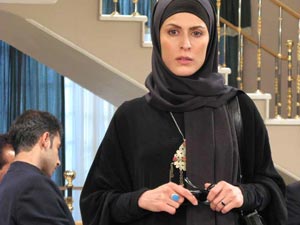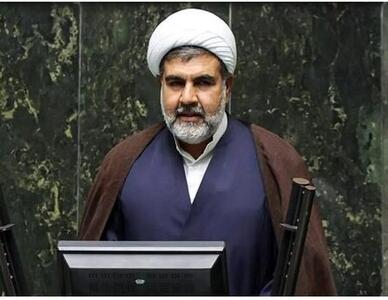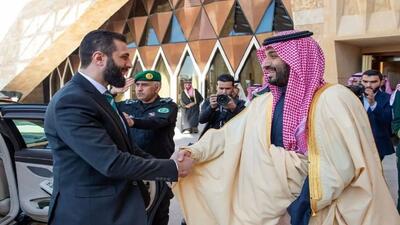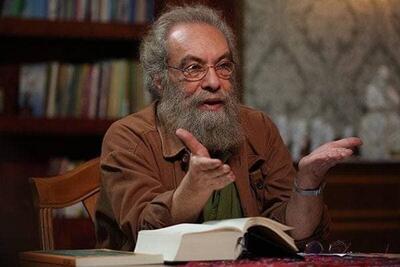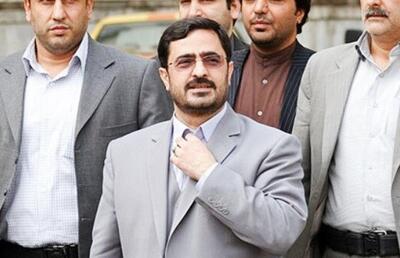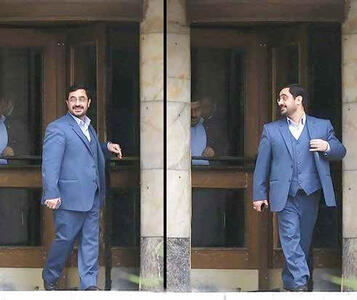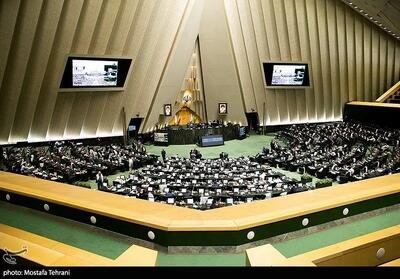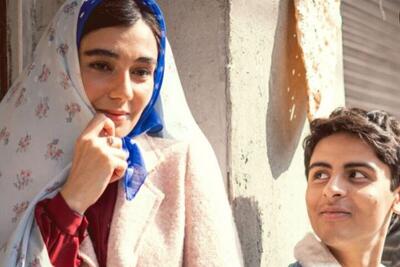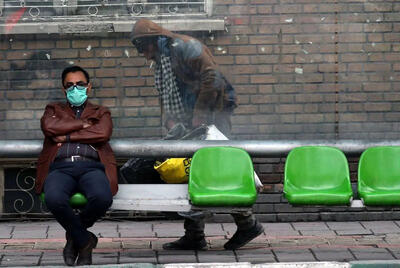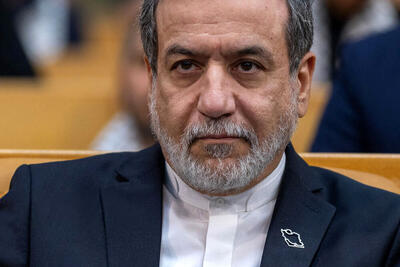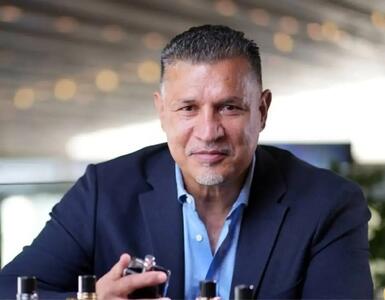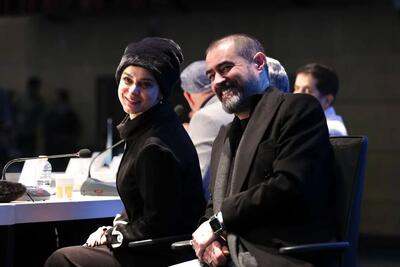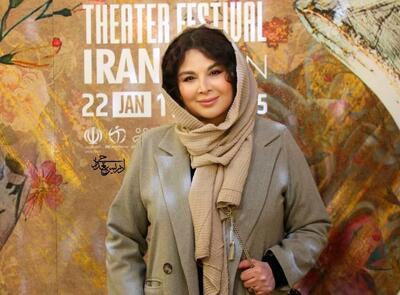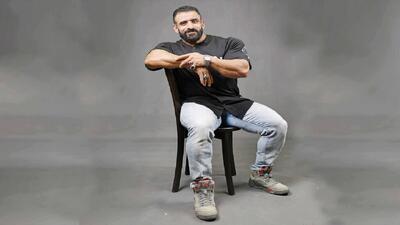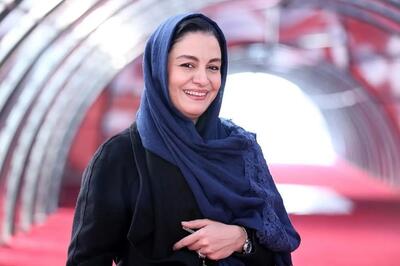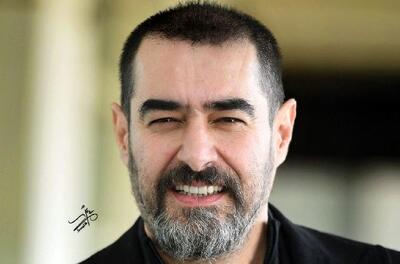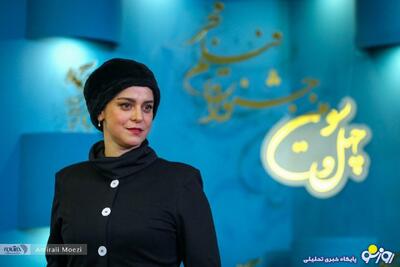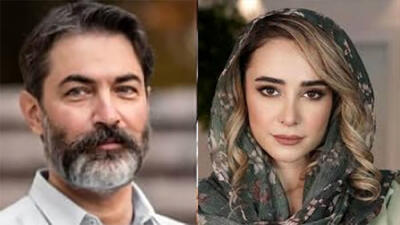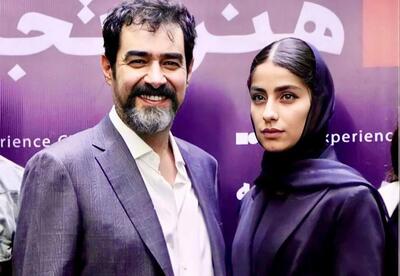سه شنبه, ۱۶ بهمن, ۱۴۰۳ / 4 February, 2025
مجله ویستا
گروه انسان شناسی اجتماعی دانشگاه کمبریج
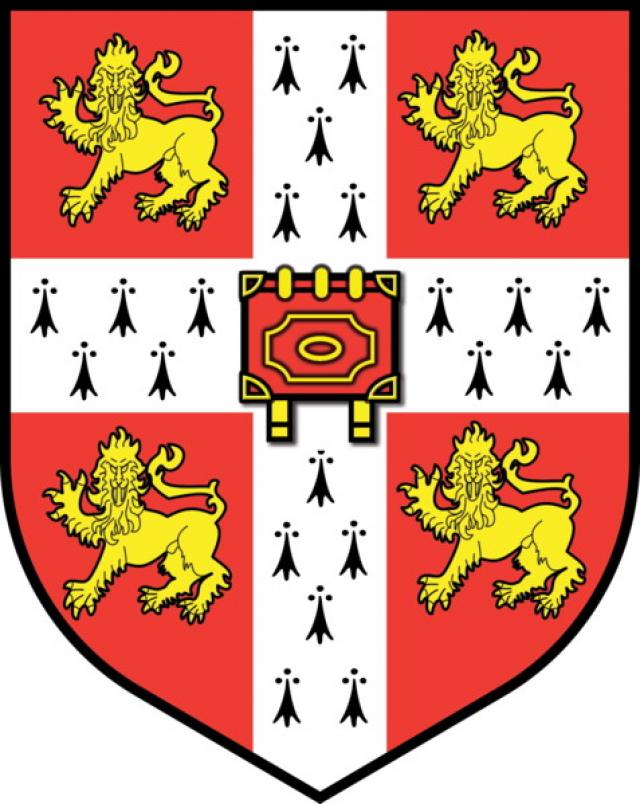
The Department of Social Anthropology at Cambridge is a leading centre of the subject in Britain. Many of the UK's best known anthropologists were educated here. The Department focuses on innovative frontline research.
We maintain a strong tradition of broad-based undergraduate education. The graduate body is exceptionally large and varied. Cambridge PhDs have gone on to teach anthropology at universities across the world, and to distinguished careers in a wide range of professions from the media to international development.
To undergraduates, the Department offers anthropology - the study of humankind - in the widest sense. In the Undergraduate degree programme, the first year combines social anthropology with archaeology and biological anthropology, with an option in sociology. The second and third years offer foundational teaching in social and cultural anthropology, with a range of research-led optional courses and the opportunity to write a field-based dissertation.
At graduate level, we offer a Master's degree programme in general social anthropology with options in development and museum studies; and a Postgraduate research programme (MPhil SAR/PhD) leading to the PhD. Post-doctoral graduates can continue their research by applying for research fellowships in Cambridge colleges (see Post-doctoral research).
The Department has a cosmopolitan body of teaching staff, each one at the forefront of their field. Their research ranges across the world (Britain, India, Vietnam, Russia, Mongolia, Melanesia, West and East Africa, Indonesia, North America, and Latin America) and focuses on diverse research topics. Themes of current research in the Department include:
* new forms of kinship and family reproduction;
* bioethics;
* the social implications of technology (broadband, nanotechnology, etc);
* shamanism and medicinal plants;
* new religious movements;
* the political and economic transformations of post-socialist societies;
* new legal forms and institutions;
* cultural creativity;
* artefact-based theory.
The Department obtained excellent ratings in the last two Research Assessment Exercises and its teaching is rated Excellent by the Higher Education Funding Council for England (HEFCE).
In addition to the research student body, it has a strong cohort of post-doctoral fellows. The graduate students and post-doctorates of the Department form an international, varied and friendly group with a strong enthusiasm for the subject. They have formed their own anthropology society, CUSAS. See a list of Recent PhD topics.
We maintain a strong tradition of broad-based undergraduate education. The graduate body is exceptionally large and varied. Cambridge PhDs have gone on to teach anthropology at universities across the world, and to distinguished careers in a wide range of professions from the media to international development.
To undergraduates, the Department offers anthropology - the study of humankind - in the widest sense. In the Undergraduate degree programme, the first year combines social anthropology with archaeology and biological anthropology, with an option in sociology. The second and third years offer foundational teaching in social and cultural anthropology, with a range of research-led optional courses and the opportunity to write a field-based dissertation.
At graduate level, we offer a Master's degree programme in general social anthropology with options in development and museum studies; and a Postgraduate research programme (MPhil SAR/PhD) leading to the PhD. Post-doctoral graduates can continue their research by applying for research fellowships in Cambridge colleges (see Post-doctoral research).
The Department has a cosmopolitan body of teaching staff, each one at the forefront of their field. Their research ranges across the world (Britain, India, Vietnam, Russia, Mongolia, Melanesia, West and East Africa, Indonesia, North America, and Latin America) and focuses on diverse research topics. Themes of current research in the Department include:
* new forms of kinship and family reproduction;
* bioethics;
* the social implications of technology (broadband, nanotechnology, etc);
* shamanism and medicinal plants;
* new religious movements;
* the political and economic transformations of post-socialist societies;
* new legal forms and institutions;
* cultural creativity;
* artefact-based theory.
The Department obtained excellent ratings in the last two Research Assessment Exercises and its teaching is rated Excellent by the Higher Education Funding Council for England (HEFCE).
In addition to the research student body, it has a strong cohort of post-doctoral fellows. The graduate students and post-doctorates of the Department form an international, varied and friendly group with a strong enthusiasm for the subject. They have formed their own anthropology society, CUSAS. See a list of Recent PhD topics.
ایران مسعود پزشکیان دولت چهاردهم پزشکیان مجلس شورای اسلامی محمدرضا عارف دولت مجلس کابینه دولت چهاردهم اسماعیل هنیه کابینه پزشکیان محمدجواد ظریف
پیاده روی اربعین تهران عراق پلیس تصادف هواشناسی شهرداری تهران سرقت بازنشستگان قتل آموزش و پرورش دستگیری
ایران خودرو خودرو وام قیمت طلا قیمت دلار قیمت خودرو بانک مرکزی برق بازار خودرو بورس بازار سرمایه قیمت سکه
میراث فرهنگی میدان آزادی سینما رهبر انقلاب بیتا فرهی وزارت فرهنگ و ارشاد اسلامی سینمای ایران تلویزیون کتاب تئاتر موسیقی
وزارت علوم تحقیقات و فناوری آزمون
رژیم صهیونیستی غزه روسیه حماس آمریکا فلسطین جنگ غزه اوکراین حزب الله لبنان دونالد ترامپ طوفان الاقصی ترکیه
پرسپولیس فوتبال ذوب آهن لیگ برتر استقلال لیگ برتر ایران المپیک المپیک 2024 پاریس رئال مادرید لیگ برتر فوتبال ایران مهدی تاج باشگاه پرسپولیس
هوش مصنوعی فناوری سامسونگ ایلان ماسک گوگل تلگرام گوشی ستار هاشمی مریخ روزنامه
فشار خون آلزایمر رژیم غذایی مغز دیابت چاقی افسردگی سلامت پوست
